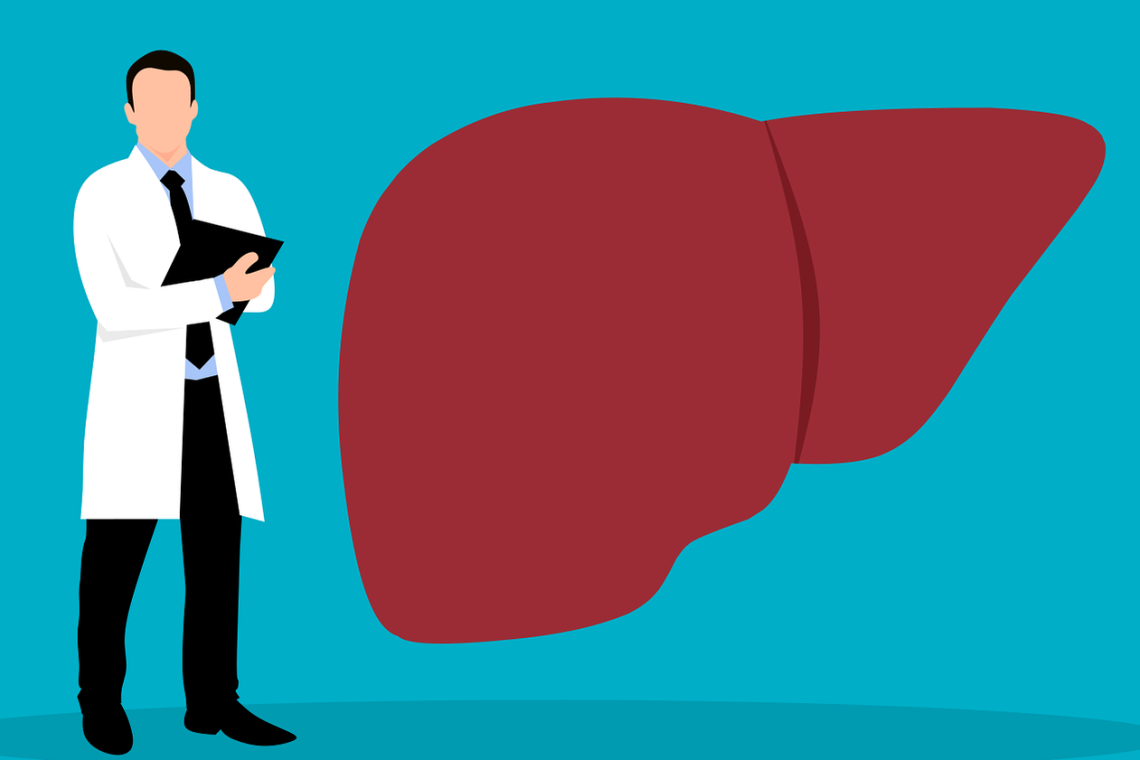“I am back in the real world.”
By Dr. Colin Michie FRCPCH
As a teenager, Julie began to use drugs. She became involved in criminal activities and sex work. During time in prison, she overcame her addiction. This was a turning point. However, she was also diagnosed with hepatitis C in prison. It was after her release that a community health team began to support her. “I had lost all trust in society but found support within the community nursing team – and now I’m able to help people like my younger self by providing advice and support. I was desperate to get out of my old ways. The stigma of my substance misuse held me back, but I want people to know they are not alone. There’s no need to feel ashamed – support is available.”
Julie received treatment for hepatitis C. Her infection resolved. Since 2023, she has advocated to try to break down the stigmas that surround this infection. “I live a life today that I couldn’t even have imagined during addiction. I’m back in the real world. I have a purpose. I’m employable. I have a family. And that’s all thanks to the support and treatment I’ve received from charities and healthcare professionals.” Julie’s campaigning and encouragement have guided and helped many.
Our largest internal organ is our liver, weighing between 1.2 and 1.5kg. Liver cells are active metabolic factories, processing nutrients from our gut while manufacturing blood proteins, clotting and immune factors as well as cholesterol and bile to digest fats. About 80% of its 200-300 billion cells are hepatocytes. Their great activity keeps up our core temperature. The liver can regrow. In rare situations, a lobe of the liver can be surgically removed to transplant into a recipient to treat liver failure. In the year after surgery, the donor’s liver regrows – back to its previous shape. This procedure can be used for infants born with some metabolic illnesses: they can be treated and cured by donation of a lobe of their mother’s liver.
Hepatocytes can be damaged by alcohol, drugs, high calorie diets, infections, toxins or allergens. They have robust defences, but some viruses, including hepatitis C, can infect for many years without symptoms. The virus has many variants and is not always removed by the immune system. This diversity means that at present, there is no effective vaccine for hepatitis C. Mature viruses can be counted, though, in a blood sample – a measure of viral load – to help manage patients receiving treatments.
Hepatitis C is spread from blood to blood between humans. No animals carry this virus. Blood-feeding insects from bedbugs to mosquitoes do not spread it. Hepatitis C infects several million in the Caribbean region. Infections happen from several causes. Most frequently, this virus spreads between those sharing needles to abuse intravenous drugs. Infections can follow surgery, dental procedures, tattoos or the use of blood products in situations where hygienic controls are not effective.
Individuals with other viral infections including HIV and hepatitis B, or men who have sex with men are also particularly susceptible to catching and spreading hepatitis C. Hepatitis C can be passed from mothers to their foetus. This happens in fewer than 10% of cases in the Caribbean. It can be exchanged during unprotected heterosexual intercourse too; this is relatively rare.
Treatments developed for hepatitis C have become increasingly powerful since 2016. Direct-acting antivirals (DAA) now cure more than 95% of patients. They effectively eliminate more variants during a few months of medication. Those who start treatments early, before they develop liver damage, have better outcomes. Patients are followed because hepatitis C remains a leading cause of liver cirrhosis and failure, sometimes requiring treatment with liver transplantation.
A major challenge to tackling hepatitis C has been highlighted by Julie – that of stigma. Stigma may be an internal challenge from self-blame or shame. It often arises after personal experiences or observations of prejudice such as verbal abuse, memories of which persist. Sometimes, it is a dreaded expectation that a secret will cause discrimination once others find out about it. Stigma typically leads to low mood and isolation, particularly from close family and friends. Much of this often relates to misunderstandings or assumptions relating to this virus. Stigmas often explain why so few individuals seek treatment. It helps if we are all better informed, wiser and less judgemental to tackle hepatitis C infections.
WHO has outlined strategies to reduce preventable deaths and complications from hepatitis viruses, including hepatitis C, by 2030. Home tests ordered online, or given by local pharmacies are practical in making early diagnoses and getting treatments started. Reducing stigmas around this infection is a positive step to help those on treatment get back to the real world. Julie’s words are vital.
Useful resources:
who.int/health-topics/hepatitis/elimination-of-hepatitis-by-2030#tab=tab_1
thelancet.com/journals/langas/article/PIIS2468-1253(25)00229-8/fulltext
Dr. Colin Michie specializes in paediatrics, nutrition, and immunology. Michie has worked in the UK, southern Africa and Gaza as a paediatrician and educator and was the associate Academic Dean for the American University of the Caribbean Medical School in Sint Maarten a few years ago.







